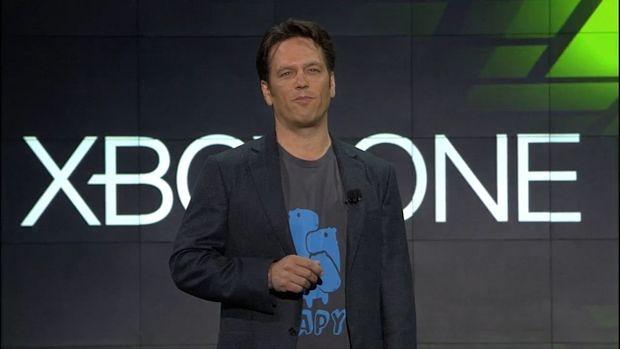Microsoft’s Xbox One platform was center stage last week when the software giant held a games’ centric press event in San Francisco to show how exclusives on Xbox One and Windows PC could be developed & released simultaneously. Sure demonstrations like Remedy’s upcoming Quantum Break and Turn 10’s Forza Motorsport 6: Apex running on both platforms showcase how titles can run great on both platforms, but what happens when the available PC hardware outclasses the nearly three-year-old Xbox One?
The answer, according to Xbox head honcho Phil Spencer is how in how Microsoft looks at the Xbox One platform as a whole. Rather than looking at things through the traditional 5 – 7 year console generation framework that has existed since the 1980s, Microsoft is thinking about the Xbox One similar to how consumer mobile phones are approached. This could potentially mean substantial hardware updates without breaking backwards compatibility thanks to Xbox One’s universal application structure that was introduced alongside Windows 10.
Speaking to Polygon Spencer had this to say about where the future of Xbox One’s hardware may be heading:
“We look at these other ecosystems out there like mobile, tablet and PC and we see that they have a very continuous evolution cycle in hardware, whereas between console generations most of the evolution is making it cheaper and potentially making it smaller.
Both are meaningful but don’t make the games play any better. If you look at PC specifically and see the evolution that happens there, there’s no reason why console can’t ride that same curve.”
No solid details in regards to what we could see from a potential Xbox 1.5 in the future. Perhaps it will be powered by the next generation Polaris APUs from AMD? Right now it’s all speculation but here’s hoping that Microsoft has paid attention to previous attempts to supercharge existing consoles with add-ons, lest the next Xbox One iteration become Microsoft’s 32X.
